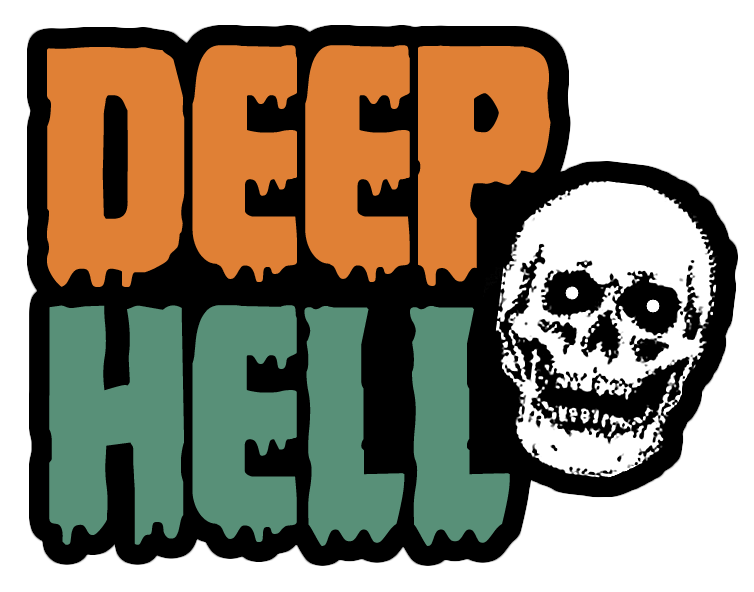This starts off with a big “I don’t remember when.” This isn’t one of those “I don’t remember when’s” that we have to attribute to drug used, or alcohol infused stupor. Rather: that familiar feeling of forgetting where you were when you experienced something formative but still knowing you definitely had the experience. The where is out of the question then, and we’re all left with the what.
The what in this case being the first time I saw Night of the Living Dead. I was certainly early to already be fulfilled with the many things that drew inspiration from it. Hell, I would wager I spent enough time talking to people about those things by the time I actually saw what inspired them that I probably considered myself a teenage-expert.
George Romero died about two weeks ago. Even though there was never a huge connection to his filmography in my life there’s some part of me that feels sullen. George Romero was a crusty old dude who probably never really made anything that lived up to the expectations of setting the foundations that codified a genre. Probably never lived up to using that genre as a way to critique the industry that benefited from his work either but somebody tells me there’s a scene where a Zombie man puts on the headphones to a Sony Walkman and that seems like Good Cinema to me.
George Romero’s dead and let’s be honest, we don’t live in a universe good enough that he claws his way out of a grimy grave and sinks his teeth into the neck of a young Hollywood startlet and kicks off the apocalypse with a pseudo romance about the undead. What we do live in though, is the universe where I don’t have enough of an attachment to a Dead Person to feel emotionally involved in their death, but I still am invested enough to take advantage of their jumping off of this mortal coil and pontificate endlessly about topics that don’t really belong in the same room.

Here’s what I learned about George Romero when I did reading about him this week: he didn’t actually like the word Zombie. See old (and dead! haha!) George likened Zombie to the cultural roots of the Haitian Zombie. He saw the monsters in Night of the Living Dead as something different. Far too weak to hunt someone down or crack the skull to eat brains – it could be said they were driven by a starvation and not just mere supernatural hunger.
Common to all variations on the themes that the Souls series lays out(with the exception being Bloodborne and its focus on dreams) is the presence of player death and resurrection being an actual tangible thing in the world, and not merely a mechanic to keep track of player progression. The player dies in all of these games and is brought back as various ways of describing different states of undeath. In the original Dark Souls most notably the player always took on a beef-jerkied appearance of dryness and rot.
In Dark Souls, the undead are cast out of society and treated the same as refuse from any city. It’s no wonder then that as the world bubbles over with a poison of its own design from elsewhere it’s naturally those cast out that rise back up to claim it.
Maybe those are some undead that Dead George would find respectable. The refuse of society returning from the grave to take back what was theirs and steer it in a new direction that nobody fuckin likes. Romero’s monsters (as he called them, once maybe) were a metaphor for something a lot larger than being a monster to run from.
In a way, maybe this runs parallel to the way you can read the same thing into the dead returning to the land of the living in Dark Souls. The world will eventually be run over and claimed by the things it doesn’t want to accept that it’d rather cast out.

please don’t eat me when you come back george

